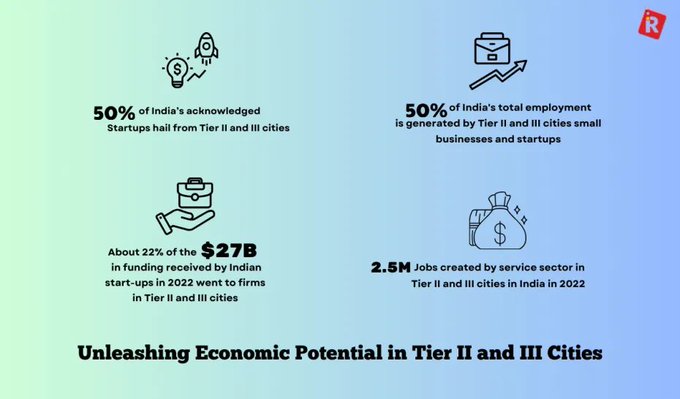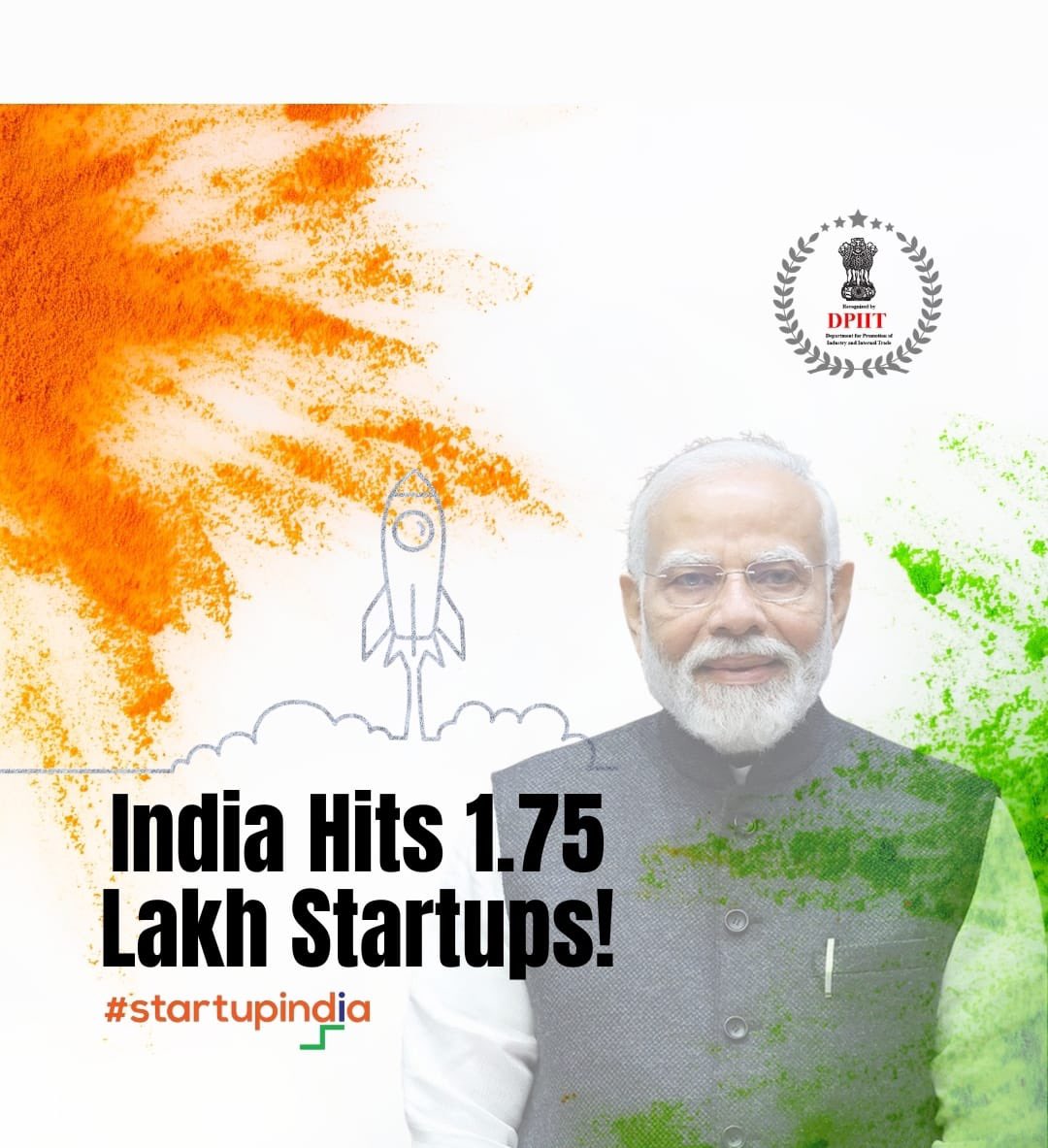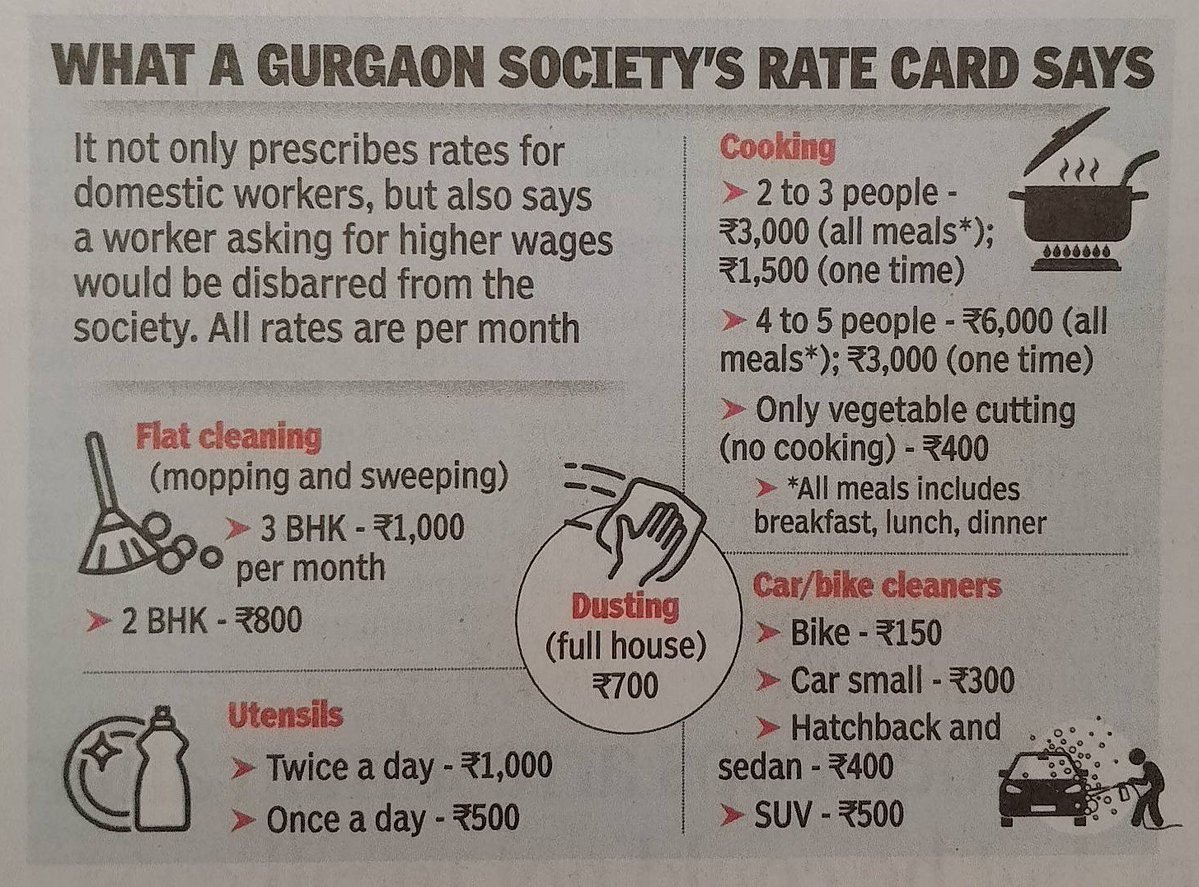Back
Uttkarsh Singh
Learning • 1y
Tier 2 and tier 3 cities in India are becoming significant hubs for startups, approximately 45% of the country's recognized startups ~ DPIIT

More like this
Recommendations from Medial
Rohan Saha
Founder - Burn Inves... • 1y
Just as we look at India’s second-hand car market, we can similarly look at India’s second-hand mobile market. There is still a significant gap here, especially in Tier 3 and Tier 4 cities. While there are some startups in Tier 1 cities, no one is cu
See MoreSunderam Dutta
Best your best. • 1y
I have an idea of a grocery delivery service for tier 2, tier 3 cities. We know that tier 1 cities Big basket is dominating but in tier 2, tier 3 cities there is no big player, there is a market for value concious customers, we can create an online D
See MoreCzone wave
Hey I am on Medial • 10m
Piyush Goyal’s Vision: Startups Are the Backbone of New India "Startups are the backbone of New India. They are the key to unlocking our nation's potential." – Piyush Goyal, Minister of Commerce & Industry India’s startup ecosystem has seen an expl
See MoreDownload the medial app to read full posts, comements and news.

















/entrackr/media/post_attachments/wp-content/uploads/2021/08/Accel-1.jpg)

















